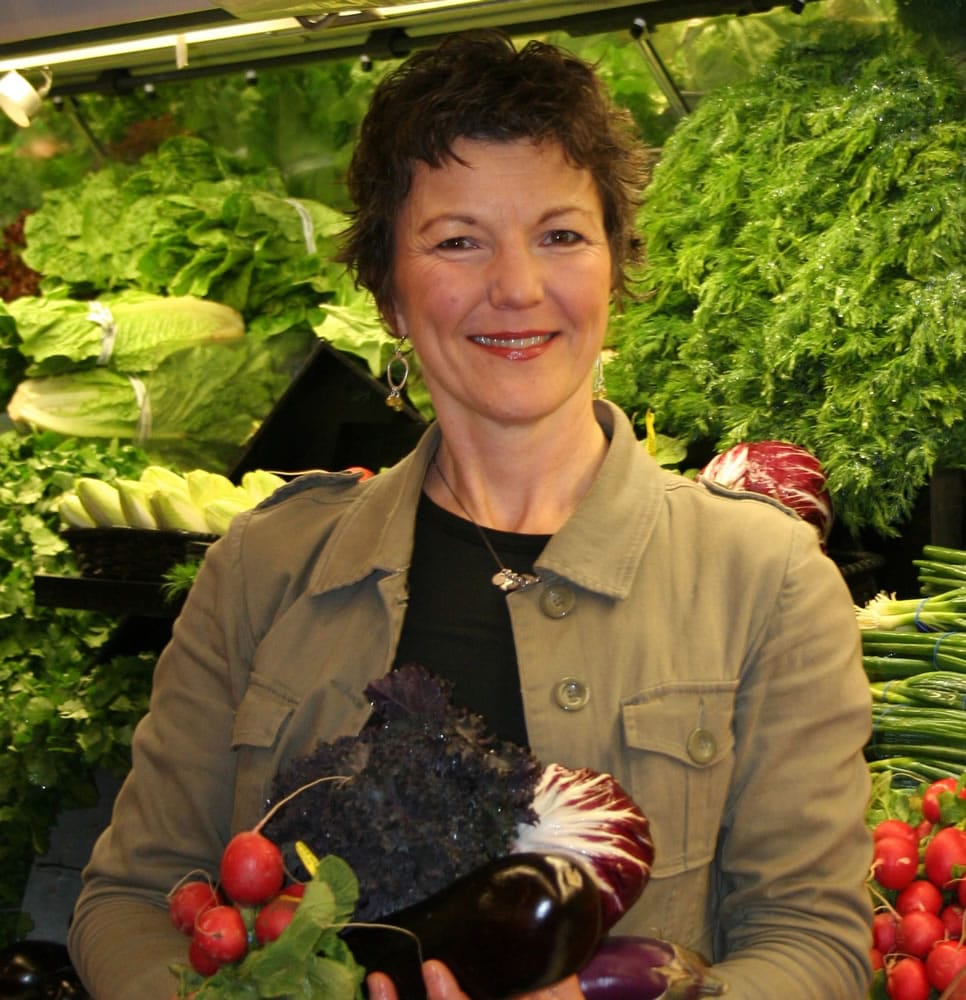In an uncertain economy, many families seek creative ways to stretch their food dollars while still bringing nourishing meals to the table. Though it’s easy to get distracted by inexpensive processed foods, keep in mind that money spent on quality, nutrient-packed food is an investment in your health and the health of your family. Here are some easy tips for purchasing sustainable, delicious foods without breaking the bank.
• Do your research: Checking for weekly sales means you can stock up on higher-quality ingredients without paying full price. Is your favorite brand of peanut butter on sale? Buy two, and keep one in the pantry.
• Shop from a list: Today’s grocery stores are set up to make higher-priced “impulse buys” look extra-appetizing, but those checkout aisle purchases can add up. Plan meals ahead and make a shopping list at home — then stick to it! There are many handy websites and cellphone apps to help keep track of ingredients for specific recipes such as this one: http://nourishedkitchen.com/?s=budget.
• Eat before you shop: Those chocolate bars are much more likely to jump into your shopping cart if your stomach is growling. Eat a protein-rich snack before you head to the store, and you’ll stick to your list.



